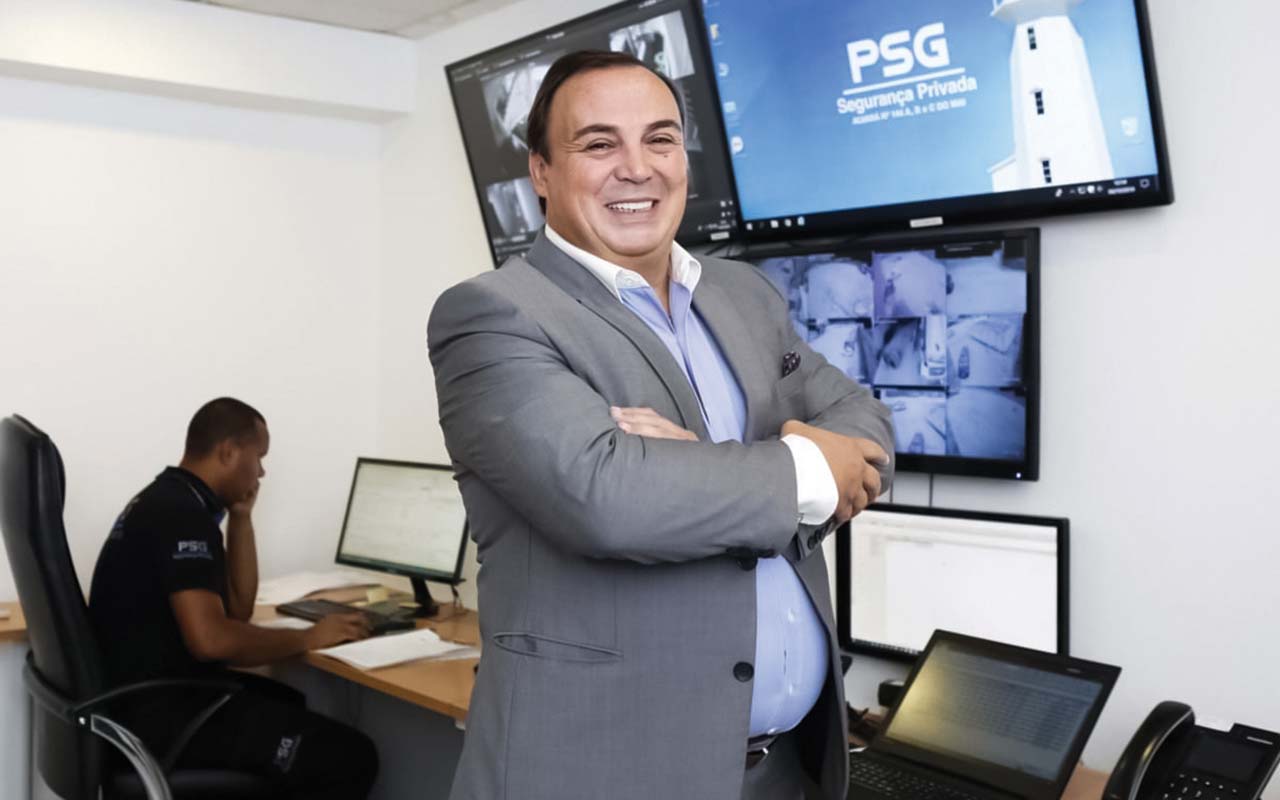Kurmet Aubakirov: “The Biggest Mistake Is Wanting to Take More Than You Give”
Kurmet Aubakirov is a Kazakhstani entrepreneur and business coach who has gone from a series of failed startups to building a successful company operating in both Kazakhstan and the United States. Today, he shares his knowledge with those who want to create a systematic business model and avoid common mistakes. In this interview, he explains why mindset matters more than money, what misconceptions hold entrepreneurs back, and how to start a business from scratch.
Why did you decide to become a mentor?
At just ten years old, while selling kozinaki at the market, I realized that I wanted to be an entrepreneur. By 21, I had launched my first company, wholesaling men’s shirts from Turkey. Over the years, I started 37 different business projects, many of which failed. I lost money, had to go back to employment, saved up capital, and tried again. My friends told me that business just wasn’t for me.
Four years ago, I conducted a deep analysis of all my failures. The main issue turned out to be a lack of structure and chaotic management. That’s when I started learning from top experts: Robert Kiyosaki, Tony Robbins, Saidmurod Davlatov, and Jack Ma. They helped me understand strategic planning, business systems, and financial management. After applying these lessons, I developed my own methodology, which I now teach to entrepreneurs.

What makes your system unique?
First, I’m not just a consultant—I’m a practitioner who has personally experienced both failure and success. Second, our process doesn’t start with motivation but with a hard-hitting business audit.
We assess revenue, expenses, cash flow gaps, and pinpoint the bottlenecks that are holding the business back. From there, we develop a clear strategy—covering sales, marketing, and management—so that the business can run as a system, not as a one-man show.
But the most important part is shifting the entrepreneur’s mindset. People often think money solves problems, but if someone doesn’t know how to manage it, they will lose any amount. There’s a reason why many lottery winners go bankrupt within a few years. That’s why we teach long-term thinking and financial intelligence rather than just focusing on making money.
What are the most common mistakes that hold Kazakhstani businesses back?
The biggest issue is a scarcity mindset. Many entrepreneurs think more about lacking money than about creating value. They want quick profits instead of building long-term strategies. But if you take more than you give, you will never build sustainable wealth.

Another major problem is the lack of education. Only 22-23% of entrepreneurs in Kazakhstan actively invest in their knowledge. Most believe that as long as they can make money, they don’t need to learn more. However, continuous learning is the key to long-term business growth.
There’s also a fear of competition. In the U.S., entrepreneurs openly share their experiences, helping others and developing the market together. In Kazakhstan, many fear that their ideas will be stolen, so they keep everything a secret. But if you don’t innovate, expand, or evolve, your competitors will surpass you even without having access to your business model.
Can someone build a business from scratch, without money or connections?
Yes. The key is knowledge and having a structured system. When we launched IBC Group, we only had two old laptops and half of a co-working desk for 25,000 tenge.
We didn’t seek investors or ask for favors from “agashkas”—the term for powerful connections. Instead, we mastered targeted advertising, organized free masterclasses, and built an online presence. Today, our company has 60 employees, including former visa officers and top lawyers in the U.S.We built this without connections or privileged access. If we could do it, so can anyone else—if they’re willing to learn and apply modern business strategies.
Where should someone start if they want to launch a successful business?
The first step is to shift your mindset. Stop looking for excuses and take full responsibility for your success.The next step is to master essential business tools—learning how to attract clients, analyze market trends, build a solid sales system, and develop a competitive edge.
Success in business isn’t about luck. It’s about having a clear, structured approach. If you follow the right strategies, you can succeed in any industry.Kurmet Aubakirov’s story proves that money alone won’t solve problems—mindset will. The biggest challenge for Kazakhstani businesses isn’t corruption or high taxes; it’s the lack of clear strategy and systematic execution.
The future belongs to entrepreneurs who are willing to keep learning, adapt to new realities, and build businesses not just for profit, but to create real value.



